
Many new pet owners think the initial outlay is the most expensive element of owning a cat, especially those looking to buy a purebred which can cost several hundred dollars. Certainly it is true, to get yourself set up does cost money, and we will cover this shortly. However, ongoing costs can also add up and it is a wise pet owner who does the research before they make that final commitment and take the plunge.
Initial costs:
This covers the 'set up' costs involved when you obtain a new cat.
Cat - This is hard to put a price on. Some people will obtain a cat for free from a friend or neighbour, some the shelter, pet shop or registered breeder. Breeds vary in price but range from $500 - 1000. Shelter cats are usually around the $100 - 150 range. Both costs may sound expensive when you compare it to getting a free cat, but most breeders and shelters have already paid to desex, vaccinate and microchip the cat, so the initial outlay isn't expensive when you compare it to desexing, vaccinating and microchipping the 'free' cat you obtained from a friend or relative. There are many places to obtain a cat, too many to cover in this article, but I have tried to cover the basics.
Desexing - If your cat hasn't been desexed you will need to pay for this. Prices vary from vet to vet, but you are looking in the region of $100 - $200 for this.
Microchipping - Microchipping is mandatory in NSW and I believe other states are or already have followed suit. Even if your state doesn't require this, it is something to seriously consider as it is a permanent way to identify your cat should it go missing. Most veterinarians and shelters have scanners, making it quick and easy for you to be re-united with your pet should it get lost. Microchipping costs around $50
Vaccinations - Again, if your cat hasn't been vaccinated when you obtain it, you will need to organise it through your vet. Vaccinations are a good chance to meet your vet and introduce him to your new cat. A vaccination will cost in the range of $50 - $70. Kittens require three vaccinations in their first year.
Cat carrier - These range from $30 - $50 and are necessary as you will need one to take your cat to the vet.
Food and water bowls - These can be as cheap or expensive as you want. A rough guide would be $20
Grooming brush - Certainly a requirement if you have a longhaired cat, and also useful for shorthaired cats. Costs around $20
Litter trays - These can be as plain or fancy as you like. The average litter tray would be in the range of $20
Scratching post - Scratching posts come in all shapes and sizes, and naturally the price reflects that. For a basic one you are looking in the range of $100
Cat bed - This isn't a must but certainly something your cat would appreciate. You can buy reasonably priced cat beds for around $30
Cat toys - Cats require exercise just as we humans do. A variety of cat toys will keep your cat stimulated and provide an opportunity to expel some energy. Prices vary, for the thrifty, you can make your own at home. A selection of cat toys from a pet shop would be around the $30 mark.
Cat enclosure - Most people are aware how dangerous it is to let your cat roam as it pleases. Not only is it unfair on your neighbours, but it also puts native wildlife at risk, not to mention the dangers your cat faces with cars, dogs and cruel humans. The safe alternative is a cat enclosure. For the handyman/woman, you can make one yourself, with just the cost of equipment to pay for. Commercial ones would start from around $500.
So, let's say you obtain your cat from the shelter, this will be a basic breakdown of your initial expenses:
Shelter kitten
Don't forget to add at least $500 to this if you plan to provide a cat shelter.
If you are buying a purebred, or obtaining a 'free' cat, then these costs will most likely be higher. Especially for the free cat which is one of the most expensive ways to acquire a cat.
As you can see, the 'free' kitten actually costs more than one from the shelter. Plus, you have the additional running around organising microchipping, desexing etc.
As stated above, don't forget to add at least $500 to this if you plan to provide a cat shelter.
People often think they will cut expenses by not having their cat desexed, vaccinated and allowing them to roam as they choose. This may save money in the short term, but long term it usually ends up more costly. You will need to incorporate veterinary fees for medical emergencies in pregnancy, birth and the post natal period. An un-vaccinated, free roaming cat is definitely more susceptible to picking up a disease, and the medical treatment can be costly (I adopted a cat with flu and paid hundreds of dollars in medical bills). A free roaming cat is at risk of injury from cars, dogs, other cats etc. These veterinary bills can also be expensive.
Food $10 Cat litter $8 Flea/worming meds $2.50 Annual vet check / 52 $1.34 Weekly cost $21.84
So, just to provide the basics you are looking at around $20 per week, or $1,040 per year. Cats live on average 15 years, so you are looking at a bare minimum of $15,600, and this is not taking into account veterinary expenses for sickness or injury. It is inevitable that your cat will sometimes require veterinary care, so you must be prepared for this. For example, I had a cat who became sick and required tests to determine the cause, she was found to have cancer. From diagnosis to her death 6 months later, I had spent $3000 in veterinary bills.
Also see:
Caring for a cat What do cats eat?
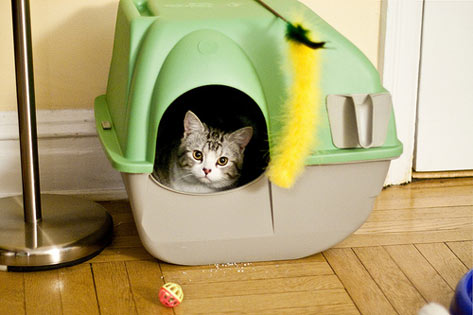 Natural Cat Litter: What's the Difference and Should You Switch?
If you are like most consumers, th
Natural Cat Litter: What's the Difference and Should You Switch?
If you are like most consumers, th
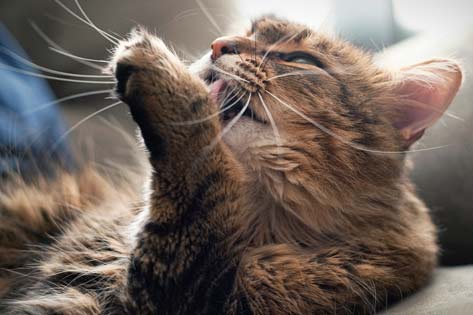 Hairballs and Cats
By Lorie Huston, DVM
If you have a cat, yo
Hairballs and Cats
By Lorie Huston, DVM
If you have a cat, yo
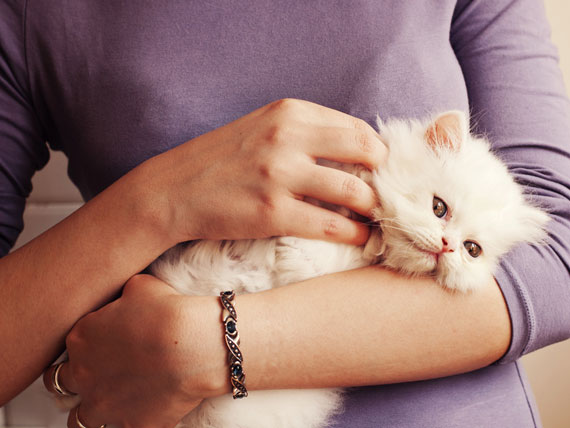 5 Steps to Success as a New Pet Parent
1. PET-PROOF YOUR HOME
Dogs and cats love to
5 Steps to Success as a New Pet Parent
1. PET-PROOF YOUR HOME
Dogs and cats love to
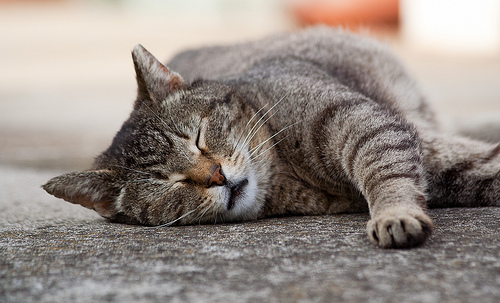 Senior Cats: A Few Things To Keep In Mind
Taking Care of Your Furry Senior Kitizens
&nb
Senior Cats: A Few Things To Keep In Mind
Taking Care of Your Furry Senior Kitizens
&nb
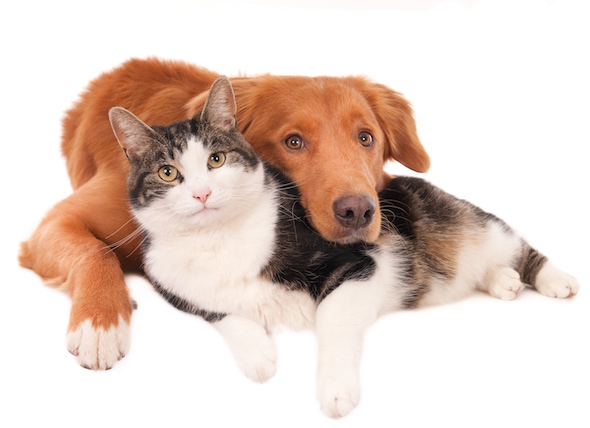 How to Introduce a Dog to a Cat
By Stacia Friedman
C
How to Introduce a Dog to a Cat
By Stacia Friedman
C
Copyright © 2005-2016 Pet Information All Rights Reserved
Contact us: www162date@outlook.com